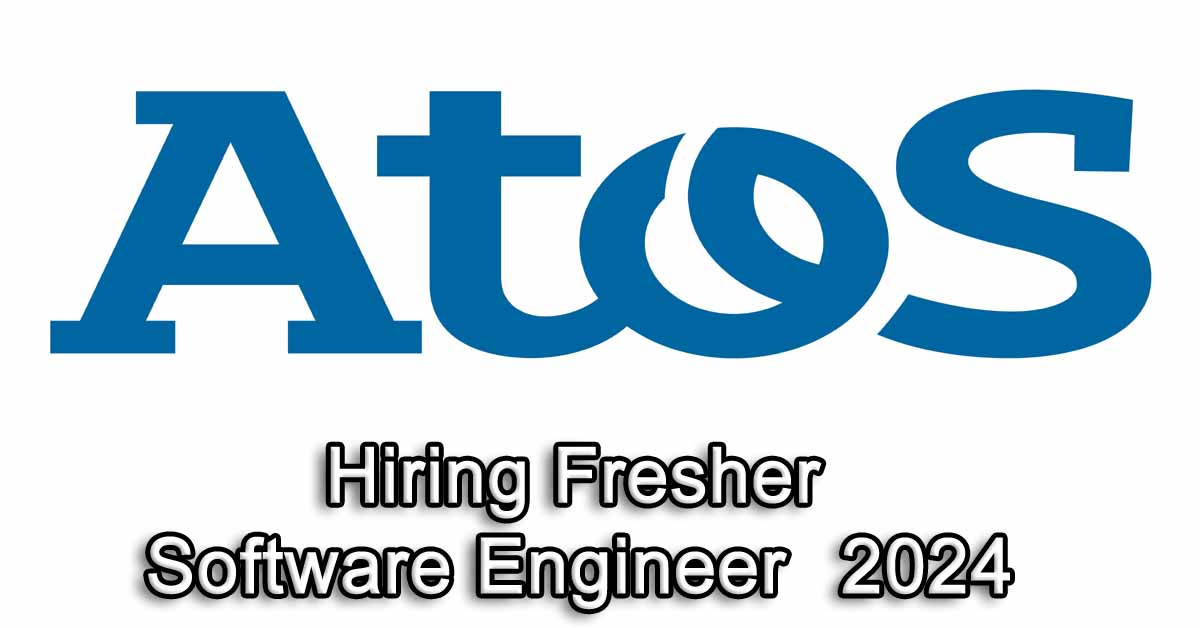Atos Jobs for Freshers 2024 for Software Engineer
Atos jobs for freshers 2024 ,Atos jobs for bca freshers,Atos Jobs for Freshers 2023, Atos jobs,it jobs vacancy,freshersworld,jobsforu,freshershunt. Atos Mass Hiring * Role: Software Engineer * Salary: 3.5-5.5LPA(Expected) * Location: Pan India * Experience: Freshers(0-1Year) * Education BE CS/IT/All Branch * Batch Recent-Batch Atos Jobs For Freshers 2024 For Software Engineer. Atos jobs for freshers … Read more









